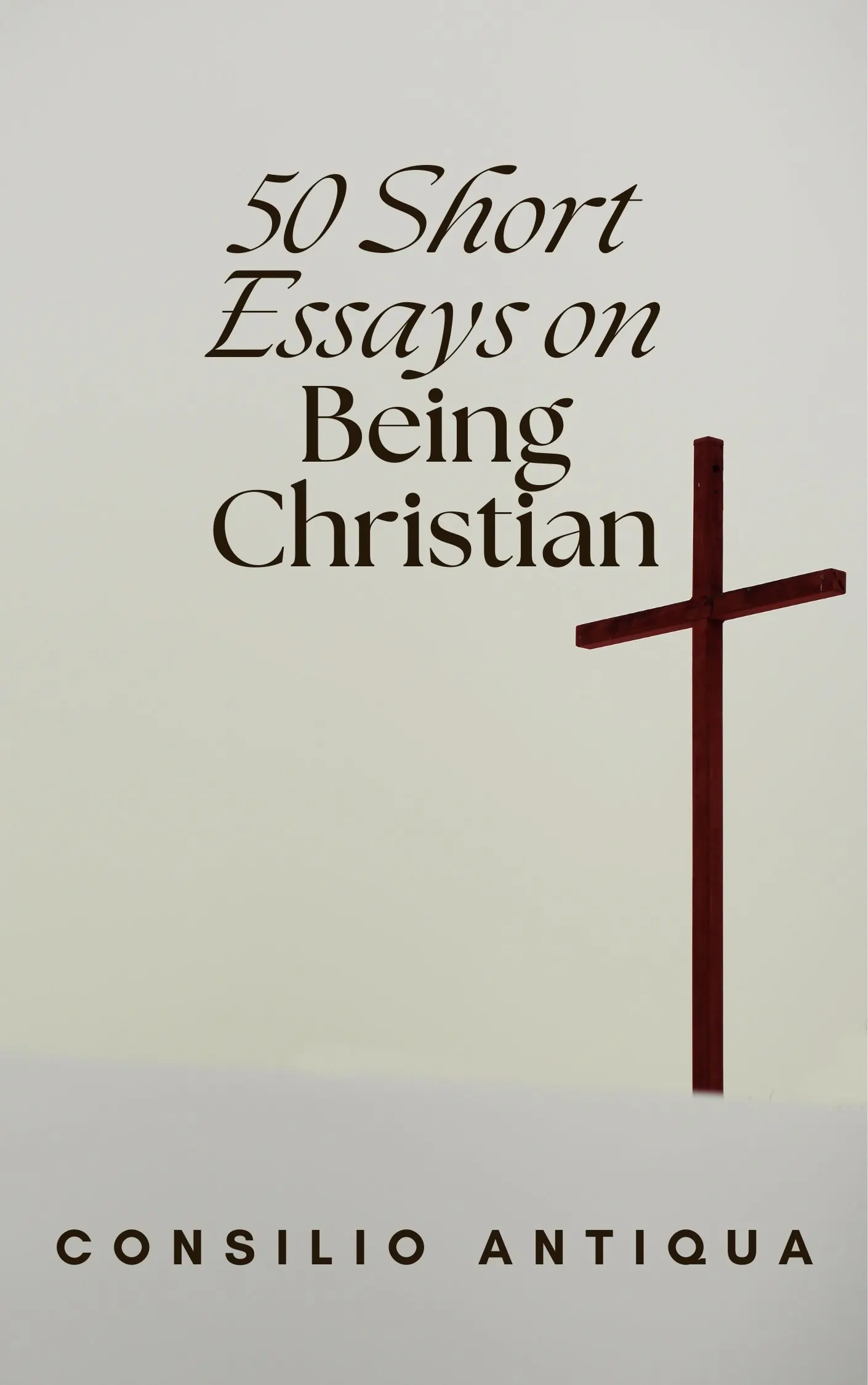
50 Short Essays on Being Christian | Chapter The Role of Ritual in Christian Life
Chapter The Role of Ritual in Christian Life
Rituals anchor abstract beliefs in tangible practices
We gather, we repeat, we mark time with gestures and words. We light candles, sing hymns, break bread, and offer prayers. Why? Is it simply tradition, a comforting echo of the past? Or is there something more?
Some may say it's a way to connect with the divine, a bridge between the everyday and the transcendent. Others might see it as a means of strengthening community, a shared language that binds us together. Perhaps it's a way to make sense of life's mysteries, a grounding point in a world often filled with chaos.
Rituals, in their own way, are a form of storytelling. They narrate our hopes, our fears, our deepest longings. They tell stories of creation, redemption, and renewal, weaving together threads of faith, history, and individual experience.
The ritual of faith
In the Christian tradition, rituals are deeply intertwined with faith. They offer tangible expressions of abstract beliefs, grounding our understanding of God in the physical realm. The simple act of kneeling in prayer can be a physical embodiment of humility and surrender. The sharing of bread and wine in communion become a powerful symbol of sacrifice, forgiveness, and communion with Christ.
These rituals are not mere empty gestures. They are, in a very real sense, acts of faith. They are moments where we choose to trust in something larger than ourselves, to embrace the unseen, to believe in the power of hope and grace.
Rituals of transformation
Beyond the outward gestures, rituals can also be deeply transformative. They offer a space for reflection, for confronting our own vulnerabilities and searching for meaning. They invite us to step outside of ourselves, to connect with something larger than our personal concerns, to find solace and strength in the embrace of community.
They are a reminder that life is a journey, a tapestry woven with threads of joy and sorrow, hope and despair. They are a way of acknowledging the inherent complexity of human experience, embracing both the light and the darkness within us.
The weight of the ordinary
But rituals are not always easy. They can challenge us, force us to confront our own limitations, and push us beyond our comfort zones. They can be a source of both comfort and discomfort, inviting us to step into the unknown, to embrace the mystery of faith.
Is this not the essence of what it means to be human? To seek meaning, to yearn for connection, to grapple with the profound questions that lie at the heart of our existence?
Perhaps it is precisely this tension, this interplay between comfort and challenge, that gives rituals their depth and meaning. They are a reminder that faith is not a static truth, but a dynamic process, a journey that unfolds over time,.
A question of faith
As we move through life, navigating its joys and sorrows, its triumphs and losses, what role do rituals play? Do they provide a sense of stability and continuity? Do they offer a framework for understanding our place in the world? Or are they simply remnants of the past, relics of a bygone era?
These are questions we each must answer for ourselves. But perhaps, in considering the weight of ritual, we might find ourselves drawn closer to the heart of our own faith, to the mysteries that lie within us, and to the interconnectedness of all things.
